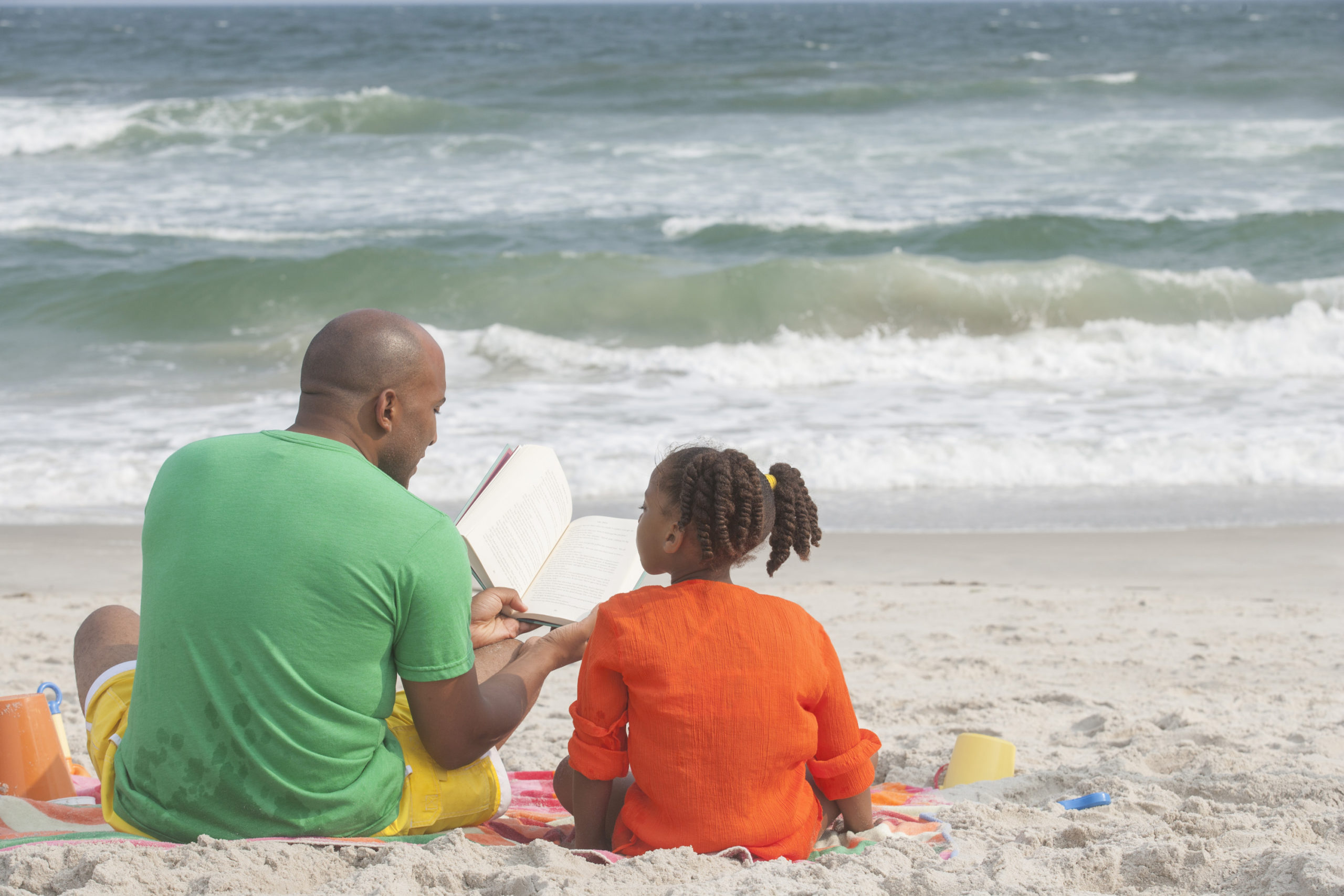In today’s political and educational environment, it seems like everybody is questioning what our students should or should not be reading. But from my perspective as a high school librarian, the more pressing question should be: “Are they reading at all?” As I’ve made the rounds at my school preaching the gospel of summer reading, in response I’m getting a lot of blank stares and disinterested looks. When I ask a class or group of students if they like to read, only a few hands are raised and most of them do so timidly.
Although we shouldn’t expect every child to enjoy reading for pleasure, we should expect them to read something longer than a text message or social media post. They need to read to fully participate in our democracy. They need to read for information that will help them find and succeed in a future career/occupation. They need to read to their children when they become parents. They need to read to understand job applications, legal agreements, consumer information, etc. I often tell students that, one future Christmas Eve, they as parents will need to read a manual to put together the latest toy. I wouldn’t count on YouTube, even if it still exists.
But enough preaching to the choir. One way all educators can get involved is by promoting summer reading, and summer learning, to our departing students. Not only will it enrich their lives, but it will also make your life easier when students return in the fall having avoided the summer slide. Because many of our students won’t choose to read or read much during the summer, more schools and public libraries are promoting summer learning as opposed to summer reading.
This summer, my high school has joined forces with Chesterfield County Public Libraries and their “Oceans of Possibilities” summer learning program. This is a national endeavor promoted by The Collaborative Summer Library Program, a charitable, nonprofit organization supporting education, literacy, and science through events in public libraries around the country. While reading is still a core component, children and teens can choose from a buffet of other cultural and educational opportunities to keep their minds active during the summer. There’s even an adult learning program that allows us to set the example for our students, and our children, while also preventing our own brains from turning to mush. Program activities include reading, journaling, and creative writing; makerspace opportunities; outdoor adventures at state and local parks; making food dishes and growing gardens; going on a college tour; establishing a budget; and listening to podcasts.
Although it should go without saying, the vast and various resources of eMediaVA are also available to keep your own creative, learning juices flowing this summer. If you access it on June 13, you will be among the first to experience a redesigned eMediaVA, with a faster, advanced search engine, a blog to connect with educators throughout Virginia, and a new feature that allows you to create your own curated collections of eMediaVA resources and easily share them with students, parents, and other educators. Let eMediaVA help prevent your own summer slide and get you ready for the upcoming school year too. And, of course, READ!
Dale Harter is a high school librarian in Chesterfield County Public Schools and an eMediaVA Ambassador.
